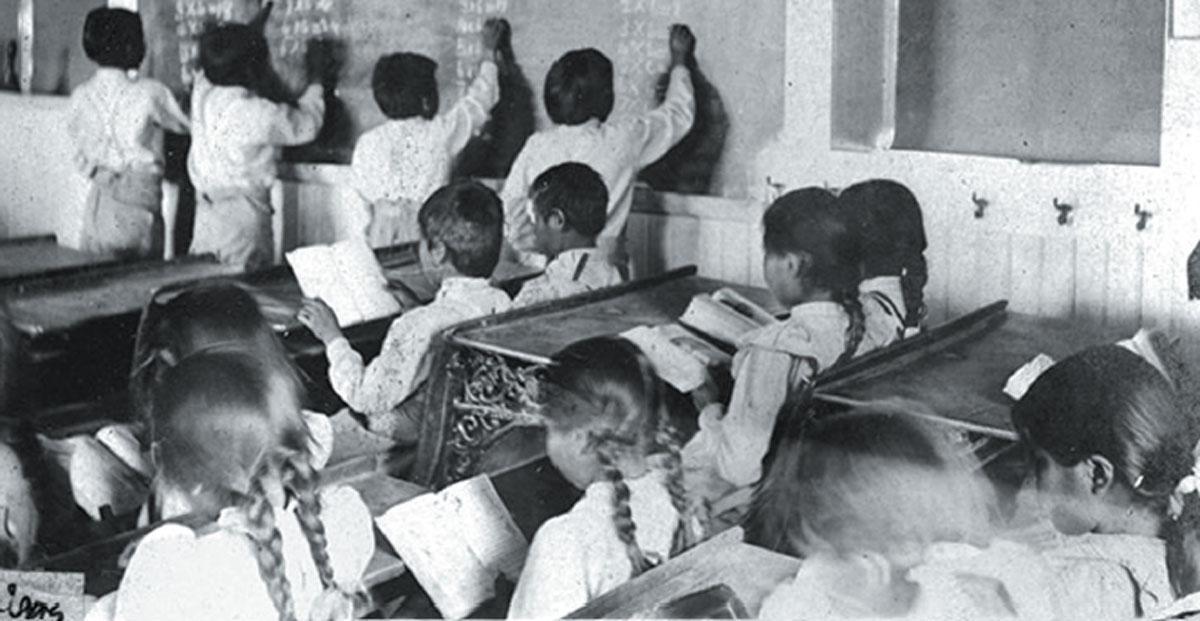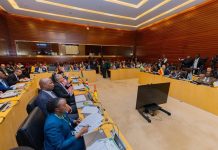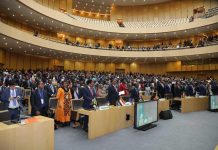Peter Ibbotson
Africa-Press – Mauritius. The recent publication by the Ministry of Education of the analysis of results in the 1958 School Certificate examination has dismayed the principals of the many mushroom private colleges. When the Minister told Hon B.
Ramlallah (Labour, Poudre d’Or) in April that the Cambridge Syndicate was averse to publication of percentage passes scored by individual schools, these same principals were happy; they thought that the academic shortcomings of their schools and colleges would be forever cloaked in secrecy.
The Syndicate had, however, based its refusal to have the results published on experience elsewhere; when it was told that publication of the results of individual schools in Mauritius would be desirable, in view of the peculiar circumstances of the Island and the proliferation of private secondary schools (many of which are mere money-grubbing academies), there was a change of mind in Cambridge.
Hence the present discomfiture of many private college principals. Thanks to the many private candidates who enter for School Certificate but do not pass, Mauritius has a bad overall record among Commonwealth territories where the School Certificate is taken.
The table below shows for 1957 the number of School Certificate candidates in certain colonies, with the number of those gaining a Certificate; this number is expressed as a percentage as well as absolutely (see: Table A – School Certificate Results – 1957).
And in Kenya, two-thirds of the candidates gained their certificates. And the figures for the 1958 results In Mauritius? We find that 2,162 candidates sat the examination; and 704 passed — a percentage of 32.6 — higher than in 1957. It is true, but a shockingly low percentage none the less, and far below the percentage passes of any other territory.
An analysis of the percentage passes of the various groups of schools distinguished by the Syndicate is published at the end of this article (see: Table B – School Certificate Results – Schools’ Performance).
Of the five Non-Aided “B” schools, three (Loreto Convent, Rose Hill, St Mary’s College, and the Collège Bon et Perpétuel Secours) are eligible for government aid; their percentage of passes was 58 out of 68, or 85 p.
c. ; it was the poor performances by New Eton (15 passes out of 97 candidates) and Trinity (29 out of 138) Colleges which pulled down the group performance. We find that no Government or Aided school had less than 63% of its candidates passing, except St Andrew’s School with 59.5 p. c. passes.
Except for the three special cases of the Non-Aided “B” schools referred to above, which are eligible for aid but do not get it, we find that no Non-Aided school (provisional “B” or non-approved) had a higher percentage of passes than 28.3% (at Neo) except the Islamic Cultural College (48.5%) and the Adventist College (30%).
These two can be excepted – on account of their specific religious affiliation – from the charge that by and large the private colleges are conducted with an eye to the profit of their proprietors’ pockets rather that to the profit of their pupils’ brains.
Yet the existence of these private colleges demonstrates that there is an unsatisfied urge among the people for a wider provision of secondary education than at present exists.
Up to now the Government has been unable to provide all the secondary education that is called for by the people; but more provision is being made. More Government secondary schools will be built.
One is under way at Beau-Bassin; at least two more are needed, one in the rural area of the north, to save children from the north a long daily journey; and equally, one in the rural south.
But people must be wary of equating secondary education with grammar school education of the kind traditionally associated with the Royal College and the Loreto Convents.
I am not denigrating the value of these (and other similar) schools; but it is true that they educate their pupils in an academic manner and fit them only for white-collar jobs: for jobs as clerks, as civil servants, as (as regards a minority) for the learned professions.
One of the valuable, commendable things which Mr Snell (I apologise to the gentleman — Mr Kynaston-Snell, I mean, of course; carnation and all) has done is the analysis he published in the Education Department’s bulletin of August 1958, on the employability of secondary school pupils.
He showed conclusively that the secondary schools are educating potential white-collar worker far in excess of the country’s actual needs; referring to candidates for the School Certificate, passes and failures too, he says (and rightly): “It is possible that all have dissociated themselves from anything but the search for a white-collar job.
” And he rightly quotes Francis Bacon in asking what happens “when more are bred scholars, than preferment can take off.
” A realignment of the secondary schools and what is taught in them is needed. Mr Luce rightly drew attention to the fact that education in Mauritius is not in keeping with the needs of the modern society.
A start has been made with the Technical School in reorienting the emphasis on secondary education, but it is a small start which at the moment bids fair to grow but slowly. But it is a start, and from little acorns do mighty oak trees grow.
The Central School will help redress the balance away from the emphasis on grammar school education too; but it is a pity that with the grammar schools, the technical school, the central school, and so on, there is being given credence in Mauritius to the fallacy that children can be sorted out at the age of 12 by a scholarship examination into types of children, the best being destined to become the nation’s leaders, the worst being forever destined to be merely hewers of wood and drawers of water.
I know that the Director of Education is a believer in the varying types of children; I know too that he is a Christian. And in the Church Catechism it clearly states that the Christian shall do his duty in that state of life unto which it shall please God to call him.
Not, be it noted, as is often misquoted, “in that state of life unto which it has pleased God to call him”. Since the Christian believes that God shall call him to a state of life, not has called him, it follows that the education provided should give equal opportunity for all to achieve that state in life. But the provision of different sorts of secondary education on the grounds that some are born brainy, and others are born dull is anti-Christian.
Source: Mauritius Times
For More News And Analysis About Mauritius Follow Africa-Press







